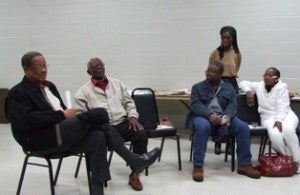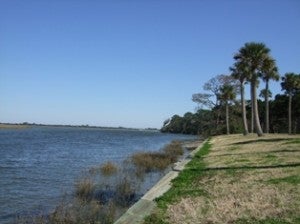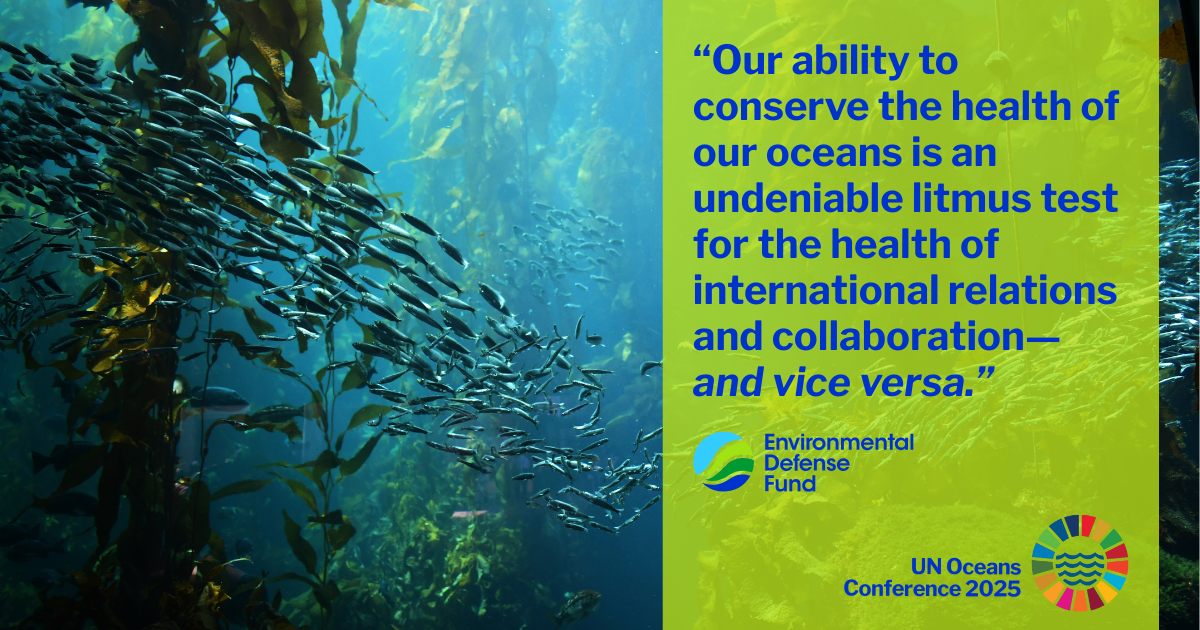Listening Sessions with Gullah/Geechee Fishermen Continue

My journey to engage and build relationships with Southeastern, African-American fishermen continued last week with stops in Florida and Georgia. On Friday and Saturday, I reunited with Queen Quet, Chieftess of the Gullah/Geechee Nation and founder of the Gullah/Geechee Sea Island Coalition, to co-sponsor listening sessions in Fernandina, Florida and Brunswick, Georgia. Mirroring the session previously held in South Carolina, the focus of the events was to document the concerns of African-American fishermen in these areas regarding their ability to continue fishing.
Both coastal areas have a large Gullah/Geechee community and a history in the fishing tradition. The Gullah/Geechee have been a part of this history for years. Fishing is truly a valued craft upon which this group places great importance. It enabled them to become self-sufficient, feed their families and neighbors, bring the community together, and generate a sufficient income. However, as seen in fishing communities throughout the United States, many fishermen have left the waters due to various impediments that have made it difficult to continue this way of life.
Fernandina, Florida
Held at the Martin Luther King Recreation Center in Fernandina Beach, Queen Quet began the meeting asking attendees to share what the community had and what it has today. According to participants, seafood became a major industry in Fernandina. Equipped with the knowledge of their elders, African-Americans perfected the craft of cast net making, crab picking, and shrimp heading, among other skills. Although the fishermen harvested a variety of fish including shad, porgy, oysters, and shark, most fishermen were shrimpers.
Participants in the session provided poignant accounts of their relationship with the sea. Some vividly described events they experienced on the water that were nothing short of miracles; for instance, one fisherman was able to survive turbulent waters for days after his ship capsized. There was an apparent religious connection between the waters and the heavens in the Gullah/Geechee culture.
While some had their prayers answered in such times of need, others witnessed problems developing that complicated African-American participation in fisheries. Attendees noted several issues that affected their ability to fish:
- The price of fuel blowing out of proportion,
- Great overhead costs,
- Diminishing waterfront access,
- Pollution, and
- Difficulty competing with the prices of foreign imports.

The community really changed with the emergence of mills; many people left the fish houses to work in mills because of the benefits and wages. The number of small boat owners today is nearly non-existent, and there isn’t a large interest by the youth to fish.
Brunswick, Georgia
During the meeting, Brunswick was described as once being the seafood capitol of the world – oysters were in excess and the conditions were good for shrimp. Today there are two major seafood plants, SeaPak and King & Prince Seafood, among other smaller companies. Such companies had their own boats when they first started, and African Americans served as crew members, but problems began to rise once the supply was gone.
It was believed that around 20 years ago, area companies started to heavily rely on imported fish from Asia and South America. Now, although there is marketing for fish from Georgian waters, fishermen are having trouble competing with the much lower prices of imported seafood.
Fishermen in Brunswick have traditionally harvested whiting, oysters, mullet, catfish, croaker, blue crab, shad, shrimp, oysters, and at one time turtle eggs. There are a handful of boat owners currently; many became discouraged from going out into the waters because of the costs of owning a boat. Concerns raised during the session were similar to those stated in Fernandina:
- High costs,
- Overfishing,
- High levels of mercury,
- Run-off and pollution from chemical plants,
- Poor quality of farm raised seafood,
- Competition with imports, and
- Scarcity of the resource forcing fishermen to go father away from local fishing grounds.
Is there a future?
When asked if there is sufficient interest here for newcomers to enter the industry, there was a mixed bag of reactions to this question. While some believed they knew of a couple of people interested in teaching the next generation these useful skills, others didn’t believe such efforts were worthwhile.
However, many attendees called for a better fishing future because they see fishing as essential to sustaining their way of life and families. They expressed a need to have young people present in these talks or there will be no future, as this will reconnect children to their culture and history. Queen Quet stated that the community suffers if it does not know how to feed itself. She concluded “we recognize collectively we have something to offer.”
The last listening session is slated for April 17 in North Carolina. All comments made thus far will be reviewed with those in the next session to determine what steps can be taken in addressing some of issues this group is facing. In understanding the challenges they are dealing with, EDF hopes to work further with the Gullah/Geechee Nation to provide a voice for a culture striving to retain a way of life that gets them back to the way they were.
Nicole Smith is a 2009 – 2010 Oceans Program Fellow working to engage African-American fishermen in the U.S. southeast.
Never miss a post! Subscribe to EDFish via a email or a feed reader.













2 Comments
What a wonderfully evocative and informative account! Thank you, Nicole! Big thanks to Queen Quet and the EDF for coagulating this effort that assists these voices to be heard. I anticipate positive changes coming forth…
love, audrey the island girl
Beyond this important legislation, pressure must be brought to bear on those nations showing no consideration for the future health of the world’s fisheries. My advice would be to threaten and to then impose economic sanctions against those nations which continue to abuse this common, limited resource.